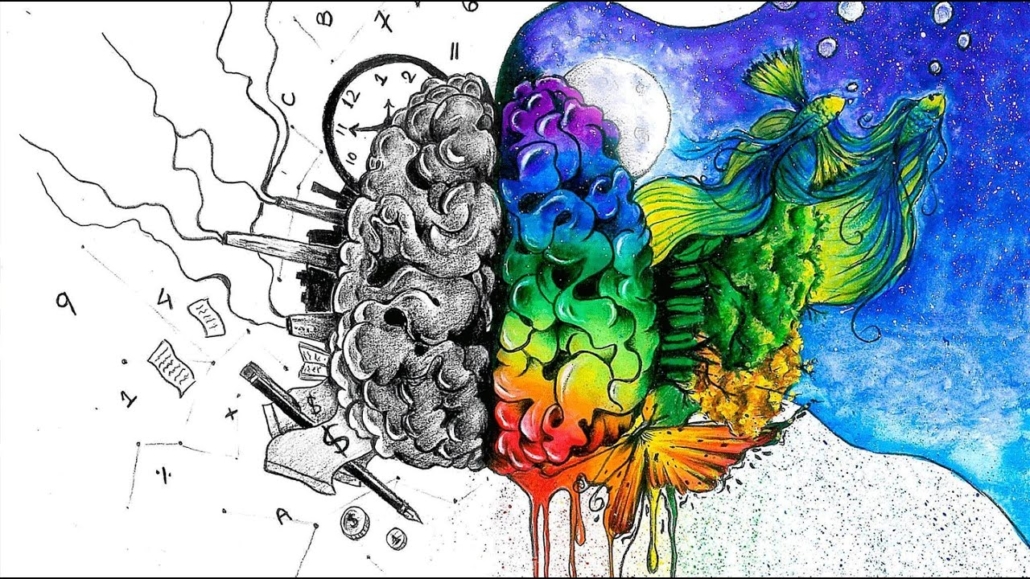Cognitive Dissonance Bias – This Can’t Be True!
Join our Telegram channel for more market analysis & trading tips: t.me/synapsetrading
When newly acquired information conflicts with preexisting understandings, people often experience mental discomfort – a psychological phenomenon known as cognitive dissonance. Cognitions, in psychology, represents attitudes, emotions, beliefs, or values; and cognitive dissonance is a state of imbalance that occurs when contradictory cognitions intersect.

This term encompasses the response that arises as people struggle to harmonize cognitions and thereby relieve their mental discomfort. For example, a trader might take a long position in s stock thinking that the trend is up, however when a new cognition that favours a downtrend is introduced, representing an imbalance, cognitive dissonance then occurs in an attempt to relieve the discomfort with the notion that perhaps the trader did not make the right decision.
People will go to great lengths to convince themselves that the decision they made was the right one, to avoid the mental discomfort associated with their wrong decision.
Psychologists hence conclude that people often perform far-reaching rationalizations in order to synchronise their cognitions and maintain psychological stability. There are actually two kinds of cognitive dissonance bias – (i) selective perception, where people only register information that appears to affirm a chosen course, and (ii) selective decision making, where people rationalise actions in order to stick to an original course.
The dangers are obvious. Traders who are not bias-free cannot read the markets objectively, and will not be able to adapt fast enough to changing market conditions. Selective decision making could also lead to a resistance to cutting losses, and coming up with various excuses to avoid admitting their initial entry was indeed erroneous.
What is the best solution for this?
The key to overcoming this is to immediately admit that a faulty cognition has occurred, address feelings of unease and take appropriate rational action. If you think you have made a bad trading decision, analyse the decision; if the fears prove correct, confront the problem head-on and rectify the problem.
This above all: to thine own self be true,
And it must follow, as the day the night.
– Polonius to Laertes, in Shakespeare’s Hamlet
 Our flagship mentoring program is suitable for both beginners and advanced traders, covering the 4 strategies which I used over the past 15 years to build up my 7-figure personal trading portfolio.
Our flagship mentoring program is suitable for both beginners and advanced traders, covering the 4 strategies which I used over the past 15 years to build up my 7-figure personal trading portfolio.
 If you're looking for a reputable brokerage that covers all products (SG stocks, US stocks, global stocks, bonds, ETFs, REITs, forex, futures, crypto) and has one of the lowest commissions, this is what I currently use.
If you're looking for a reputable brokerage that covers all products (SG stocks, US stocks, global stocks, bonds, ETFs, REITs, forex, futures, crypto) and has one of the lowest commissions, this is what I currently use.
After trading for 18 years, reading 1500+ books, and mentoring 1000+ traders, I specialise in helping people improve their trading results, by using tested trading strategies, and making better decisions via decision science.





Following you for sometimes now, wise writings .keep it up!!
Thanks!